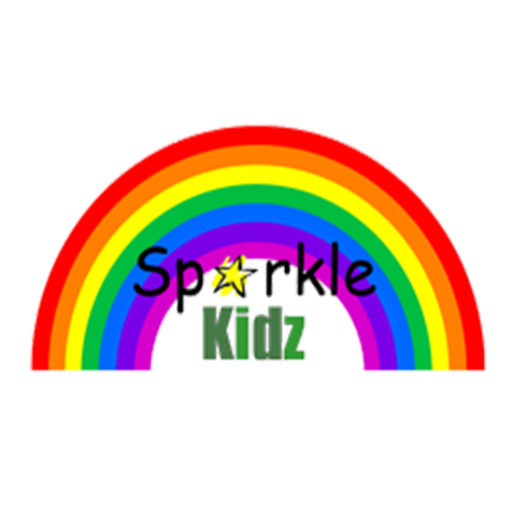In Singapore, private tuition has become an integral part of the education landscape, with parents investing heavily in supplementary education for their children. This comprehensive guide explores the current state of tuition in Singapore, its costs, trends, and impact on students and families.

The Booming Tuition Industry in Singapore
The tuition industry in Singapore has experienced significant growth over the years. In 2023, Singaporean households spent a staggering $1.8 billion on tuition, marking a substantial increase from $1.4 billion in 2018 and $1.1 billion in 20131. This growth is reflected in the number of tuition and enrichment centers, which has risen from about 700 in 2012 to more than 950 in recent years2. The prevalence of tuition is evident, with approximately 70% of Singaporean parents enrolling their children in tuition classes9.
Understanding Tuition Costs and Expenditure
On average, Singaporean households spent $404 per month on education in 2023, with nearly $105 allocated specifically to tuition1. This represents an increase from the $340 monthly expenditure on education and $88 on tuition reported in the previous survey. The amount spent on tuition varies significantly based on household income, with the top 20% of earners spending almost $163 per month on tuition, while the bottom 20% spent $36 within the same period1.

Factors Driving the Demand for Tuition
Several factors contribute to the high demand for tuition in Singapore:
- Competitive education system
- Parental aspirations for academic excellence
- Perceived inadequacies in school-based learning
- Preparation for high-stakes examinations like PSLE
- Impact of COVID-19 and home-based learning challenges
The pandemic has particularly influenced parents’ decisions to seek tuition, with some citing difficulties in reaching school teachers and concerns about their children’s academic performance during home-based learning periods8.
Types of Tuition Services Available
Singapore offers a variety of tuition options to cater to different needs and preferences:
- Center-based tuition: Group classes at dedicated tuition centers
- Home tuition: One-on-one or small group sessions at home
- Online tuition: Virtual classes gaining popularity, especially post-pandemic
- Subject-specific tuition: Focused on challenging subjects like Mathematics and Science
- Exam preparation tuition: Tailored for national examinations like PSLE, O-Levels, and A-Levels
The Impact of Tuition on Academic Performance
Research suggests that tuition can have a positive impact on academic performance. A study by the Institute of Policy Studies (IPS) indicated that students who receive tuition generally outperform their peers in national examinations4. The 2020 Primary School Leaving Examination (PSLE) results showed that many top scorers credited their tutors for their outstanding performance. The effectiveness of tuition is often attributed to smaller class sizes, personalized attention, and tailored teaching methods that address individual learning needs4.

Concerns and Criticisms of the Tuition Culture
Despite its prevalence, the tuition culture in Singapore has faced criticism:
- Increased stress on students: The additional workload can lead to burnout and reduced free time for other activities.
- Financial burden on families: The high costs of tuition can strain household budgets, particularly for lower-income families.
- Widening inequality: Access to quality tuition may create an educational divide based on financial capabilities.
- Over-reliance on external support: Some argue that excessive tuition may hinder the development of independent learning skills.
- Pressure on the formal education system: The widespread use of tuition may reflect perceived inadequacies in mainstream schooling.
Alternatives and Complementary Approaches to Tuition
While tuition remains popular, there are alternative strategies that parents and students can consider:
- Utilizing school resources: Engaging with teachers and participating in remedial classes offered by schools.
- Peer study groups: Forming study groups with classmates for collaborative learning.
- Online learning platforms: Leveraging free or low-cost educational resources and MOOCs.
- Developing effective study skills: Focusing on time management and self-directed learning techniques.
- Balancing academic and non-academic activities: Encouraging holistic development through sports, arts, and other extracurricular pursuits.
Future Trends and Outlook for Singapore’s Tuition Industry
The tuition industry in Singapore is likely to continue evolving:
- Technological integration: Increased use of AI and adaptive learning technologies in tuition services.
- Specialization: More niche tuition offerings catering to specific learning needs or subjects.
- Holistic development focus: Growing emphasis on soft skills and character development alongside academic support.
- Regulatory changes: Potential government interventions to address concerns about over-reliance on tuition.
- International expansion: Singapore-based tuition providers expanding their services to other countries in the region.
In conclusion, while tuition remains a significant aspect of Singapore’s education landscape, it’s essential for parents and students to critically evaluate their needs and explore various options. By understanding the costs, benefits, and alternatives to tuition, families can make informed decisions that support academic success without compromising overall well-being and development.
You may WhatsApp 93253855 for more information.
